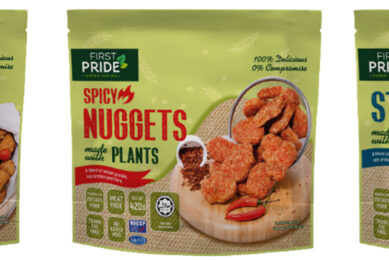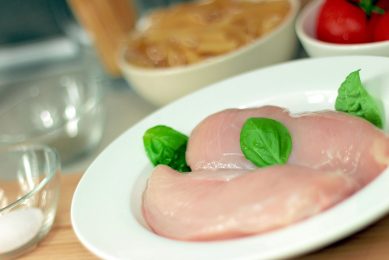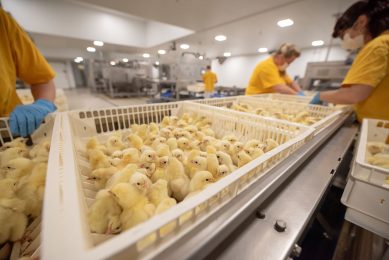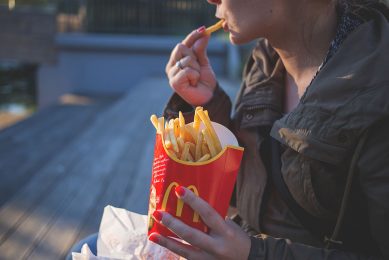Tyson to supply key biodiesel ingredient
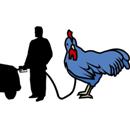
Tyson Foods announced that it has established a renewable energy division that will be up and running during 2007. Competitors Perdue Farms Inc. and Smithfield Foods Inc. are making similar moves.
Today, only a tiny fraction of US biodiesel is made from chicken fat, but that seems likely to change. Currently, the low-quality chicken fat from Tyson Foods Inc. poultry plant is shipped out of state to be rendered and used as a cheap ingredient in pet food, soap and other products. The rising cost of soy bean oil, which accounts for roughly 90% of all biodiesel fuel stock — is pushing the industry to exploit cheap and plentiful animal fats.
Vernon Eidman, a professor of economics at the University of Minnesota who has extensively studied the biofuels industry, estimates that within five years, the US will produce 1 billion gallons of biodiesel, and half of it will be made from animal fat; by that time soy bean-based biodiesel will account for about 20% of the total.
Vernon Eidman, a professor of economics at the University of Minnesota who has extensively studied the biofuels industry, estimates that within five years, the US will produce 1 billion gallons of biodiesel, and half of it will be made from animal fat; by that time soy bean-based biodiesel will account for about 20% of the total.
Tyson is keeping the specifics of its renewable fuels division under tight wraps, but Tyson Vice President Jeff Webster told a recent investment conference the potential is clear. Tyson produces about 2.3 billion pounds of chicken fat annually from its poultry plants. That’s about 300 million gallons that could be converted to fuel. Both Tyson and Perdue are already experimenting with biodiesel and both companies have started using biodiesel in their trucking fleets.
Animal fat also has its technical drawbacks. It clouds up at higher temperatures than soy-based biodiesel, which means it might thicken up when used in colder, northern cities, Eidman said. That might limit distribution to southern areas where temperatures don’t often drop below 4ºC (40ºF) or so. While these factors kept animal fat in the background, the biodiesel industry has hit a turning point.
Increasing demand for soy bean oil as a fuel and as a food is making the price creep up. It now makes economic sense to invest in new technology to process animal fat into usable form as a fuel stock.




